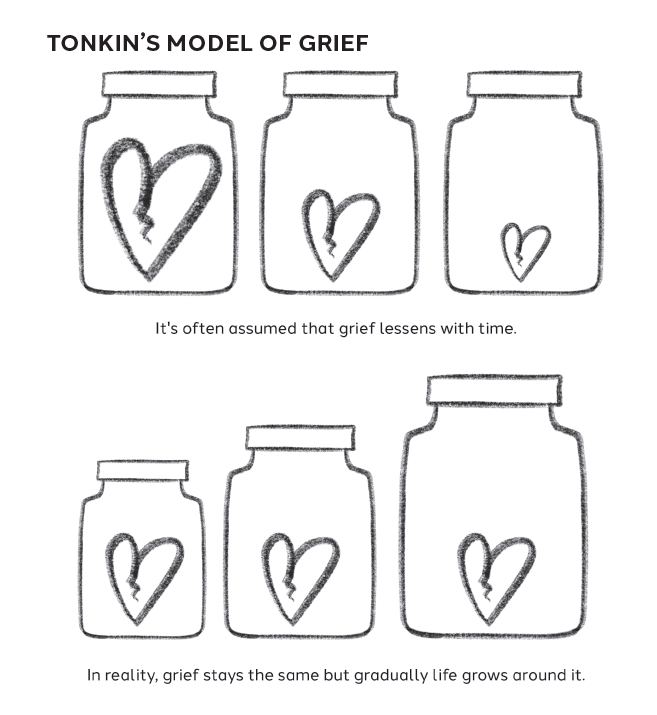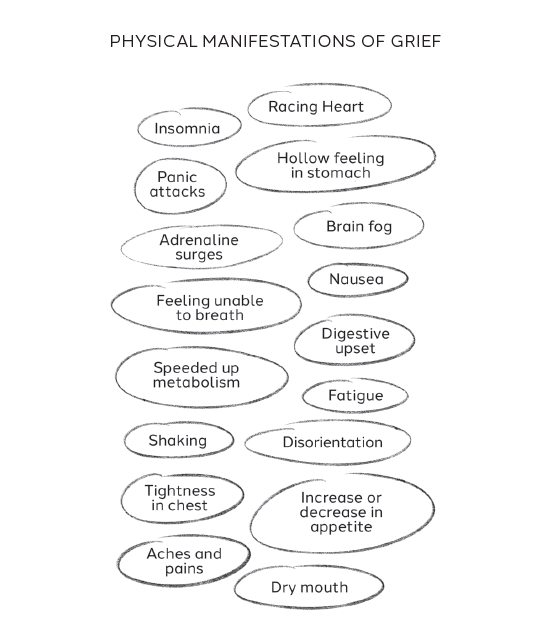Whilst my first book Love Untethered is for readers who are grieving, my second book Supporting Your Grieving Client is for the wellness practitioners who might work with them.
Initially, when I was asked by Singing Dragon, in my capacity as a holistic grief coach and BANT nutritional therapist, if I would be interested in writing a book on grief for wellness practitioners, I wasn’t sure if I would have enough to write about. However, very quickly that changed when I thought about all the times, as a bereaved person, I had found doctors, counsellors and some wellness practitioners to be pretty clueless about what grief was really like. They often seemed completely out of depth when confronted by someone like me, a traumatised grieving mother.
Very soon, I realised there was a lot I wanted to communicate and I quickly became passionate about enabling practitioners to feel better equipped to support a group of people very close to my heart (and a group to which I belong). Most wellness practitioners have little or no training in working with a bereaved client and so many are unaware of the potentially far-reaching impact of grief. I aim to provide those who work in the area of health and wellbeing with a modern approach to grief so that they are better able to support a bereaved client.

In Supporting Your Grieving Client, I discuss outdated and unhelpful grief models versus the actual reality of grief and how grief can be a “whole being” experience that affects the mind, body and spirit. I also challenge the use of platitudes and advise on what not to say to someone who is grieving so that practitioners can demonstrate to their clients that they have an understanding of what grief might be like for them, enabling them to build trust and rapport. I provide in-depth case studies, as well as information about the impact of grief and trauma on the mental health of those who have experienced a significant loss.
Of particular interest to many practitioners will probably be the focus on the overlooked physical aspects of grief. IHCAN editor Simon Martin calls Supporting Your Grieving Client the “vital missing link in practitioner education.” Grief is the biggest stressor many people will ever go through and it can leave bereaved clients with brain fog, fatigue, anxiety, headaches and digestive issues, not to mention potentially leading to serious chronic conditions, such as cancer and heart issues. Studies show that bereaved parents have a significantly greater long-term risk of heart attacks and a shortened life expectancy; that the likelihood of bereaved spouses having a sudden cardiac death rises significantly in the six months following a death, and that broken heart syndrome is a recognised condition. If a practitioner has this sort of knowledge, they will better understand how grief may be impacting their client, which will then inform how they work with them.

As well as highlighting what might help from a nutritional medicine perspective and offering a variety of additional ways to support your bereaved client,
I hope to communicate that grief is not a ‘one size fits all’ experience. There is no timeline, as is often assumed, and that, initially at least, often the best approach to working with a grieving client is simply to listen to their story, rather than rushing to ‘fix’ them.
I really hope this will be a useful book for all types of wellness practitioners – and therapists, counsellors and doctors too – who would like to understand how to approach and make space for their clients’ bereavement with confidence and compassion.
“A deeply insightful guide into working sensitively and confidently with clients affected by grief”
Written by Vanessa May is a BANT registered Nutritional Therapist, ILM Wellbeing Coach, Certified Grief Educator and Holistic Grief Coach. Her book Supporting Your Grieving Client is available to buy at www.singingdragon.com